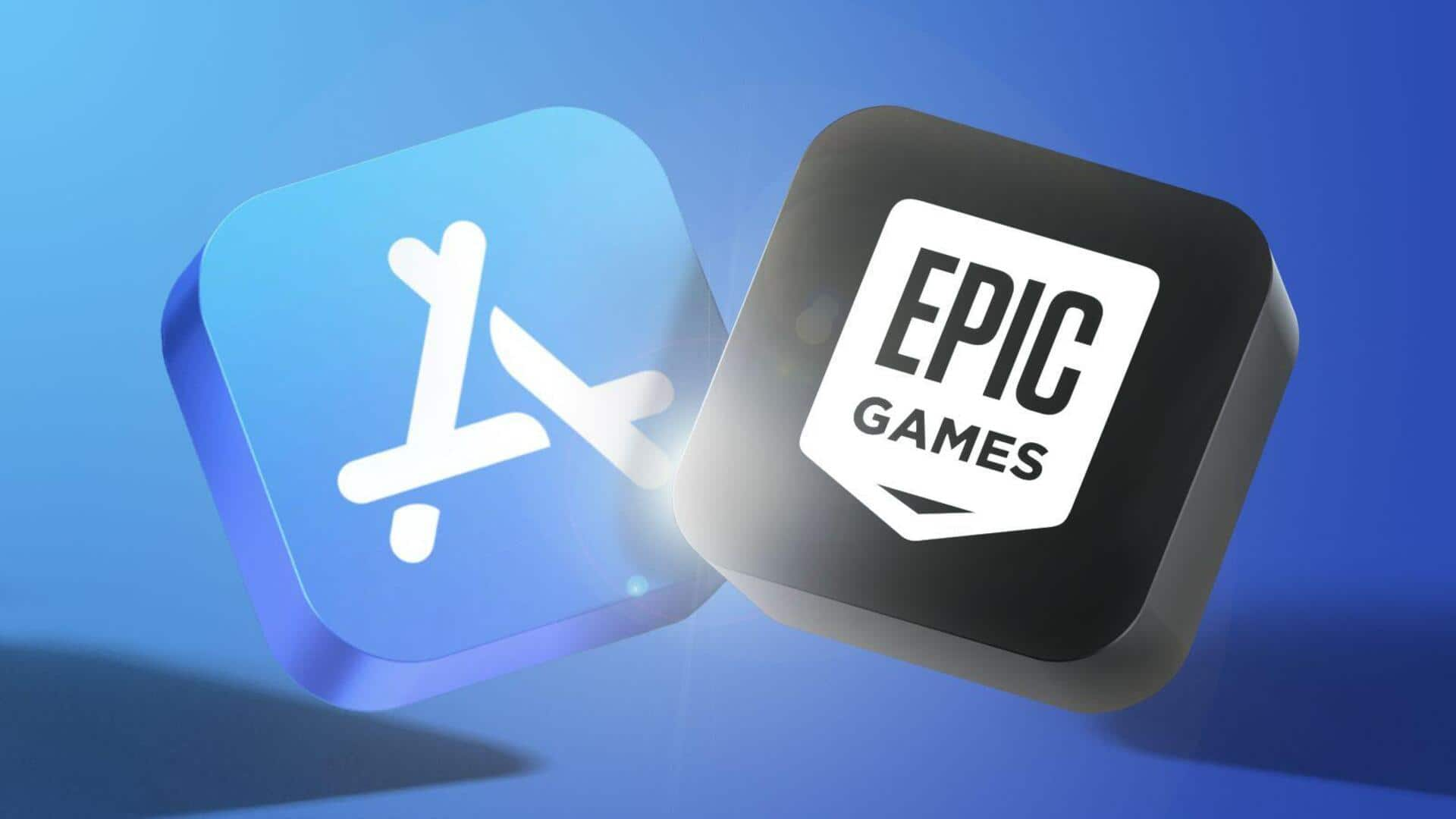
Apple calls Epic Games 'untrustworthy' and terminates its developer account
What's the story
US tech giant Apple has axed Epic Games' developer account. This comes just a day after iOS 17.4 allowed third-party app stores in Europe, to comply with the Digital Markets Act (DMA). Epic argues that this move is a "serious violation of the DMA" and shows that Apple "has no intention of allowing true competition." This ban could put Epic's plans to introduce its own iOS storefront in the EU at risk.
Answers
Apple's reasons and Epic's response
In a letter to Epic Games, Apple's lawyers called the company "verifiably untrustworthy" and hinted that the ban was because of concerns that Epic wouldn't follow contractual agreements. Epic CEO Tim Sweeney fired back, calling Apple's EU App Store changes "a devious new instance of malicious compliance." He accused the tech giant of undermining third-party app stores with an "anticompetitive scheme rife with new junk fees on downloads and new Apple taxes on payments they don't process."
Legal
Apple's demands and Sweeney's assurance
After Sweeney's complaints, Apple's Phil Schiller asked Epic Games for "written assurance" that the firm would honor its commitments. Sweeney replied, saying that "Epic and its subsidiaries are acting in good faith and will comply with all terms of current and future agreements with Apple." However, this wasn't enough for Apple, leading to the termination of Epic's developer account.
Claims
Epic claims retaliation, Apple cites breach of contract
Epic believes the ban is payback for speaking out against Apple's "unfair and illegal practices" and hinders its ability to be a strong competitor. On the other hand, Apple blames "Epic's egregious breach of its contractual obligations" for the termination. It stated it has the right to end any or all of Epic Games' entities at its sole discretion.
Reason
Ongoing conflict and DMA involvement
This situation involves the DMA, a law that labels large companies as "gatekeepers" and services like Apple's App Store as "core platform services," requiring them to be compatible with competing products. The conflict between Apple and Epic goes back to 2020, with Epic battling against Apple's developer transaction fee policy and even taking an antitrust case to the US Supreme Court. The Department of Justice is reportedly mulling its own antitrust suit against Apple.